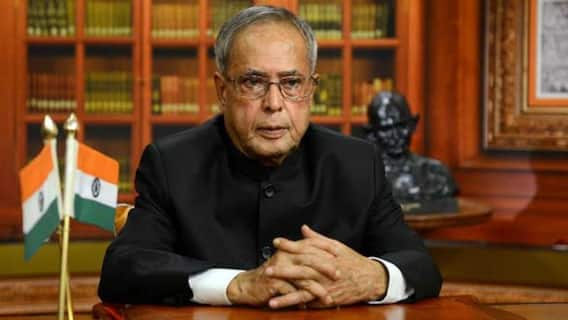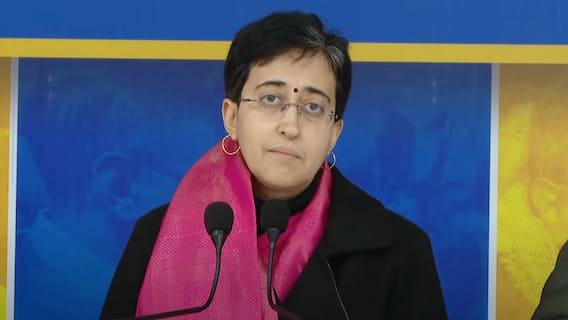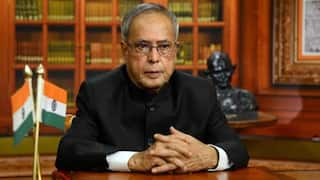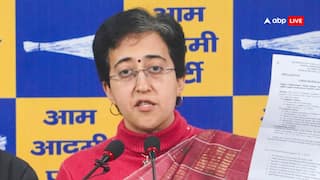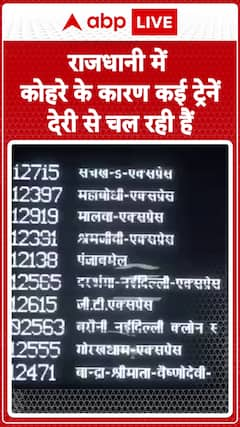US Supreme Court Poised To Overturn Abortion Law: What The Leaked Opinion Says And What Happens Next
Most notable about the opinion is the force with which Alito challenges legitimacy of the original 1973 ruling on abortion, which essentially said that such a right was implied by the US constitution.

Norwich (UK), May 5 (The Conversation): According to news website Politico, the US supreme court has voted to strike down Roe v Wade – the key 1973 decision that gave women a broad right to abortion.
Roe currently protects, within limits, a woman’s right to terminate a pregnancy. Without it, states would be free to make their own abortion laws. A large number of states across the south and midwest have laws already in place which would make abortion illegal almost immediately should Roe be overturned, which now looks extremely likely.
Other states, such as New York, have laws that would protect access to abortion even in the absence of Roe.
The situation would then look much like it did in the early 1970s, with a patchwork of state laws across the country, each with different regulations and requirements. Women would be able to access abortion in some states and face criminal sanction for it in others.
ALSO READ | US Voters Must Defend Fundamental Abortion Rights: Joe Biden After Leaked SC Draft
What is a draft opinion?
The move towards overturning Roe is detailed in a 98-page document published in full by Politico. It is labelled as the first draft of an opinion written by Justice Samuel Alito on February 10. If the document is indeed what it appears to be, that would suggest that it represents the view of the majority of the court.
Draft opinions are a normal part of court practice. A day or so after oral argument, the justices meet in private conference to discuss the cases they have heard in that session. They take a provisional vote and a justice is assigned to write the opinion for the court.
The chosen justice and their law clerks then work to write a draft opinion. Other justices may choose whether to write individual opinions supporting the provisional vote (concurrences) or challenging it (dissents).
Once a draft is complete, it is circulated among the other justices for comment. Some may choose to join the opinion, others may request changes. Dissenting justices will often target key arguments in the majority opinion to attack, hoping to find a sympathetic audience and laying down principles for the future.
That means that it is not unreasonable to expect that the February draft by Alito has undergone revisions by now. Those changes might be minor, such as to the choice of wording or the structure of the argument. They might also be more significant, reshaping the arguments on which the opinion is based.
What is highly unlikely, however, is a change to the final result. That means that if the leaked draft opinion is genuine, then Roe is highly likely to be overturned.
What does the draft decision say?
Most notable about the opinion is the force with which Alito challenges the legitimacy of the original 1973 ruling on abortion, which essentially said that such a right was implied by the US constitution.
In a key paragraph, he writes: "Roe was egregiously wrong from the start. Its reasoning was exceptionally weak, and the decision has had damaging consequences. And far from bringing about a national settlement of the abortion issue, Roe and Casey [a 1992 case that largely upheld Roe] have enflamed debate and deepened division. It is time to heed the constitution and return the issue of abortion to the people’s elected representatives." Alito’s arguments are rooted in an originalist understanding of the US constitution. This is a legal approach which holds that laws, including the constitution, should be applied as they were understood when first passed.
Alito argues over several pages that abortion was not a right accepted or protected in the US for much of the nation’s history before 1973. As such, it cannot be accepted as “deeply rooted in our history and tradition” – the standard the court has looked for in cases involving rights not explicitly mentioned in the constitution.
For anyone who thought the court might tread softly if choosing to overturn such an important legal precedent, Alito’s opinion is a rude awakening.
How did we find out about this decision ahead of time? Politico reports that the draft was provided by a “person familiar with the court’s proceedings” and notes that “the appearances and timing of this draft are consistent with court practice”. This is, the news outlet suggests, an authentic document.
Such leaks from the supreme court are extremely unusual. As legal scholar Stephen Carter wrote in 2017, the court has been seen as the “last leak-proof institution”. When information does get out, it is usually in the form of behind-the-scenes information about internal deliberations and disagreements rather than documents revealing a decision ahead of time.
In 1979, Bob Woodward and Scott Armstrong’s book, The Brethren, reported on the internal debates within the court of the early 1970s, the era of Roe. Former law clerk Edward Lazarus recounted similar wranglings in the late 1980s in Closed Chambers, published in 1998.
But the last time the results in a case were leaked ahead of time appears to have been in 1986, making the unauthorised release of Alito’s opinion a significant, and rare, breach of the secrecy that usually surrounds the court’s work.
What happens next?
The court is unlikely to comment on the leak of this opinion and is almost certain to remain quiet about its content. The next we will hear from the court on this issue is when the final opinion is released, most likely some time before the end of the court’s term in late June or early July. There will be no announcement in advance.
Dedicated court watchers will follow the online calendar at the court’s website, looking for dates highlighted in yellow, meaning days when the release of opinions can be expected. For most of us, the first we will know is in the newspaper headlines reporting the result. We do however know that surprises are, after this, no longer expected. Roe is almost certain to be overturned.
Trending News
Top Headlines







